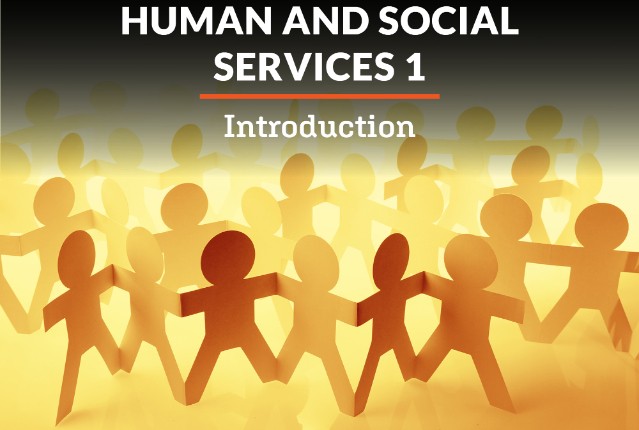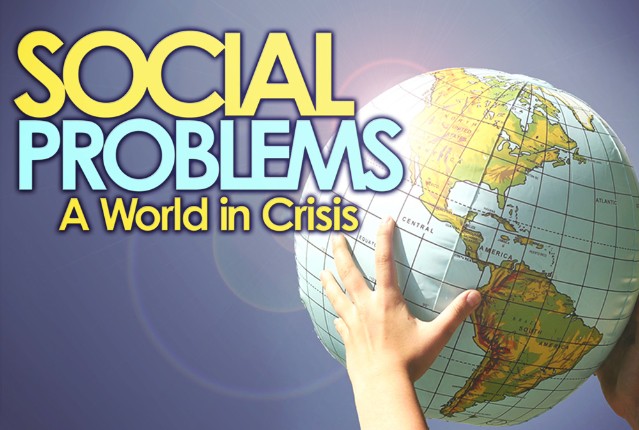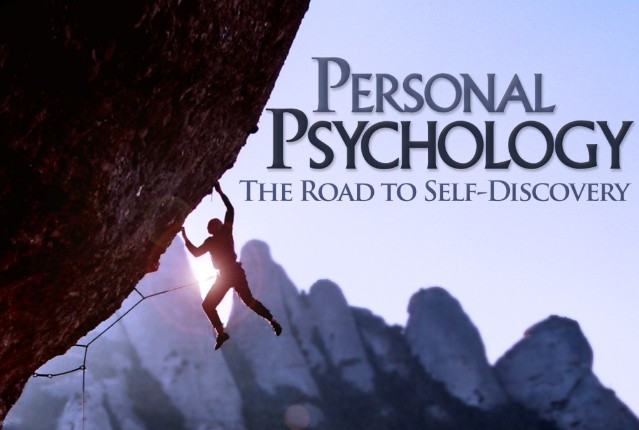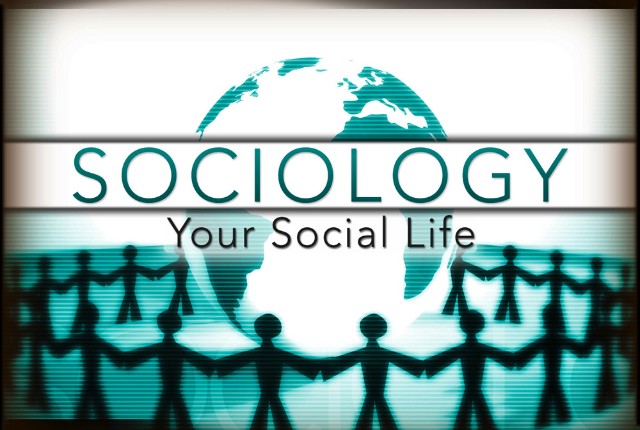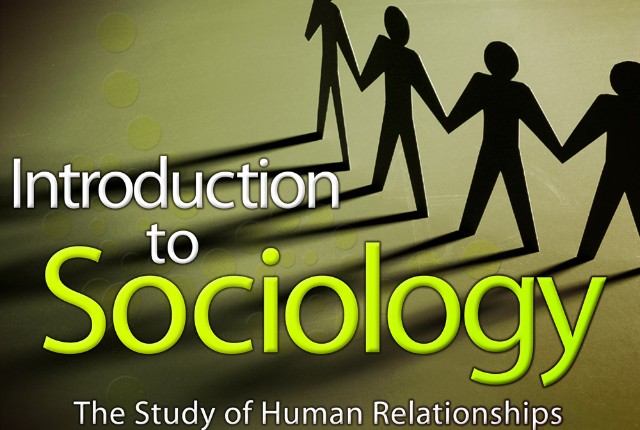
Sociology I: The Study of Human Relationships
Human beings are complex creatures, and when we interact and begin to form relationships and societies, things become even more complicated. Are we more likely to act differently in a group than we will when we’re alone? How do we learn how to be “human”? Examine answers to these questions and many more as you explore culture, group behavior, and societal institutions and how they affect human behavior.
Review course outlineAccess for a year
USD 299.00*
* Choose more courses to get a discount
